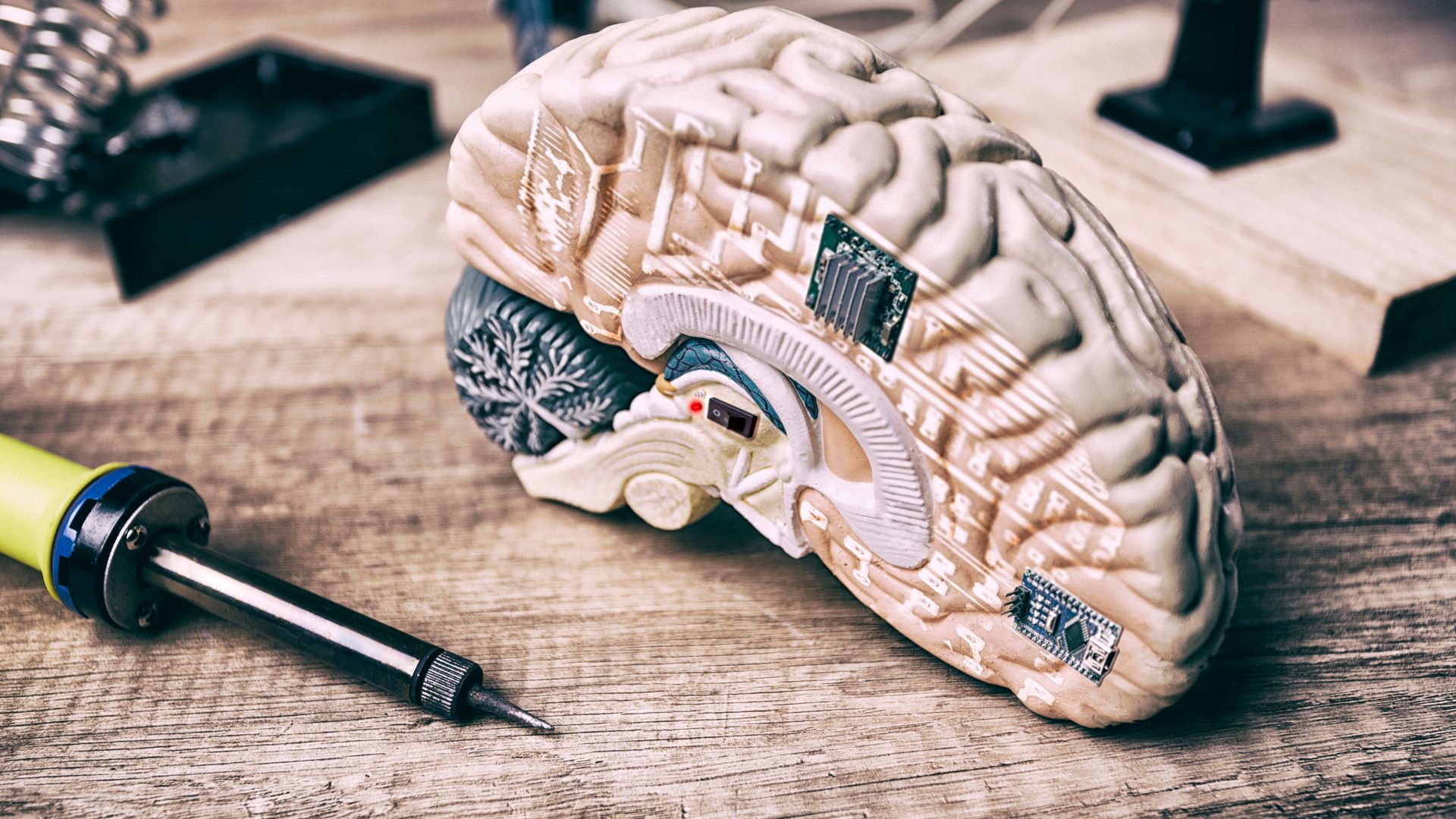
Ethical Considerations in Bionic Technology: Balancing Innovation and Responsibility
Bionic technology has revolutionized the way we think about human enhancement, offering individuals the ability to regain lost functions, enhance physical capabilities, and improve overall quality of life. However, with these advancements come significant ethical considerations. As bionic devices become more integrated into society, it is essential to address the moral implications surrounding their development, accessibility, and use. Balancing innovation with responsibility is key to ensuring that these technologies are used in ways that benefit individuals while avoiding potential harm or inequality.

One of the primary ethical concerns in bionic technology is accessibility. While these devices have the potential to improve lives, they are often expensive, and access to them may be limited to certain groups based on socioeconomic status, geography, or other factors. This disparity could lead to inequality, where only those who can afford advanced bionic devices have access to their benefits. As bionic technology continues to advance, it will be crucial to find ways to make these devices more affordable and accessible to a wider population, ensuring that everyone who could benefit from them has the opportunity to do so.

Another key ethical issue is the potential for misuse of bionic technologies. For example, as bionic enhancements become more sophisticated, there may be concerns about their use in non-medical contexts, such as enhancing human abilities beyond normal limits. While this may offer exciting possibilities for performance enhancement, it raises questions about fairness, consent, and the potential for creating disparities between individuals who use these technologies and those who do not. Striking a balance between medical necessity and enhancements for non-medical purposes is a critical challenge for policymakers and ethicists in the field.

The development and use of bionic technologies also raise concerns about privacy and personal autonomy. As bionic devices become more integrated into the human body, they collect vast amounts of data about the user's movements, health, and behavior. This raises questions about who owns this data, how it is used, and how individuals can protect their privacy. Additionally, as bionic devices become more connected to digital systems, there may be concerns about cybersecurity and the potential for hacking or misuse of personal data.

Ultimately, the ethical considerations surrounding bionic technology are complex and multifaceted. As we continue to innovate in this field, it is essential to engage in ongoing discussions about these issues to ensure that bionic devices are developed and used in ways that respect human dignity, promote fairness, and protect individual rights. By balancing innovation with ethical responsibility, we can ensure that bionic technologies remain a force for good, enhancing lives without compromising our values or principles.

